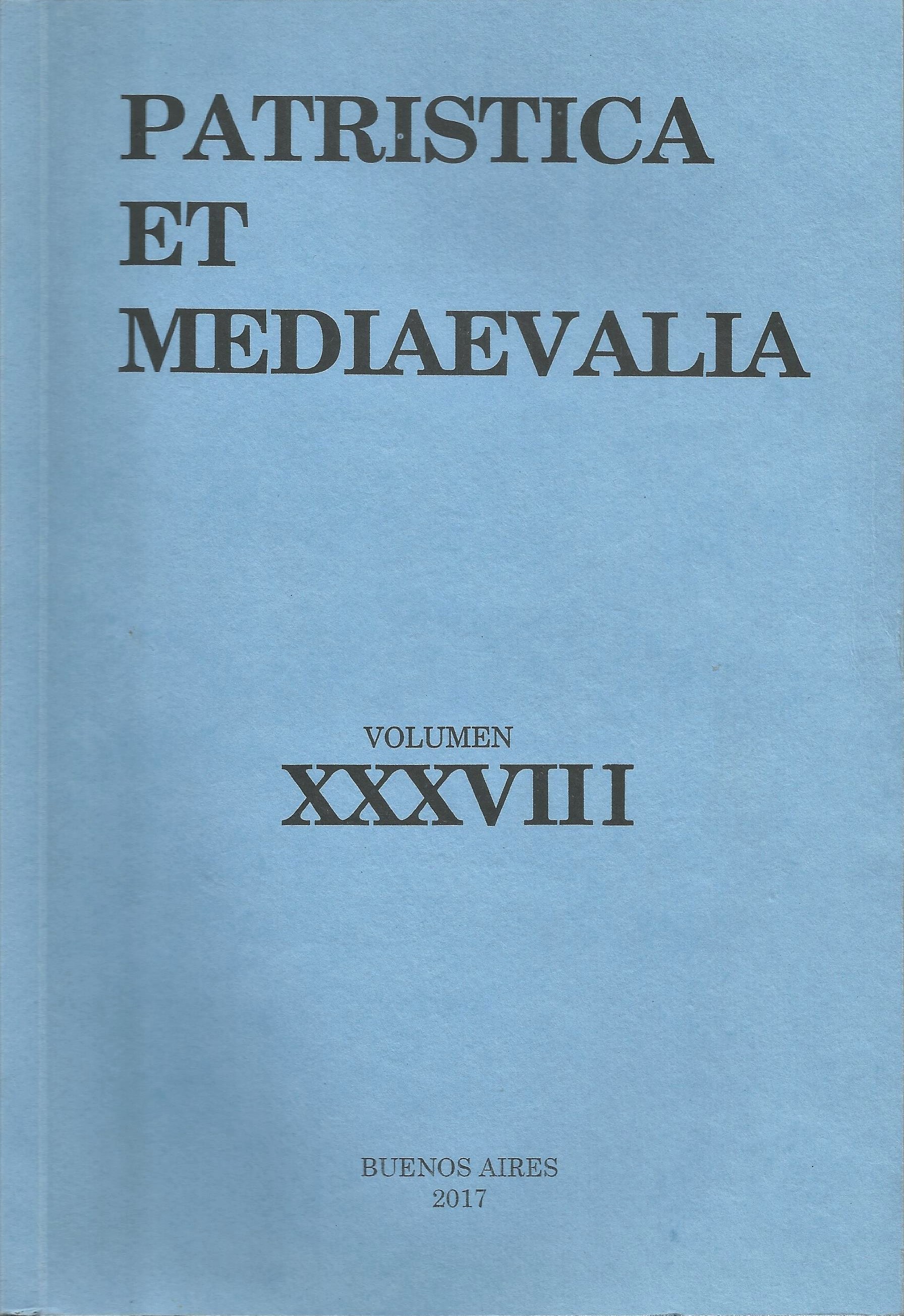Fray Miguel de Agia and his 'Servidumbres personales de indios' (1604). Indians' Liberty and Civil Coercion
Abstract
The aim of this article is to show how Fray Miguel de Agia handles with the concepts of liberty and civil coercion in his work Servidumbres personales de indios (1604). For that purpose I will divide the text into two sections. In the first, I try to present the repartimientos’ problem in America and the publication of the Cédula Real de Noviembre de 1601, in reaction to which Miguel de Agia wrote his work. In the second section, I will describe Miguel de Agia’s main arguments to support the continuity of the repartimientos in the Indias Occidentales, with particular attention to the way how Agia defends the idea that liberty is not contrary to civil coercion, because it is coherent with the status of a citizen to be politically subjected to legitimate rulers and the common good of the Republic.Downloads
References
Castañeda Delgado, P. (1983). Los memoriales del Padre Silva sobre predicación pacífica y repartimientos. Madrid: CSIC.
Carro, V. D. (1951). La Teología y los teólogos-juristas españoles ante la Conquista de América. Salamanca: Biblioteca de Teólogos Españoles.
Cuena Boy, F. (2006). Teoría y práctica de la Ley. Apuntes sobre tres juristas indianos. Cuadernos de Historia del Derecho, 13, 11-29.
Díaz Blanco, J. M. (2010). Razón de Estado y buen gobierno. La guerra defensiva y el imperialismo español en tiempos de Felipe III. Sevilla: Universidad de Sevilla.
Hanke, L. (1949). The Spanish Struggle for Justice in the Conquest of America. Philadelphia: University of Pennsylvania Press.
Padgen, A. (1986). The Fall of Natural Man: The American Indian and the Origins of Comparative Ethnology. Cambridge: Cambridge University Press.
Standard, D. (1992). American Holocaust: The Conquest of the New World. New York/Oxford: Oxford University Press.
Tosi, G. (2004). Aristóteles e os índios: a recepção da teoria aristotélica da escravidão natural entre a Idade Média Tardia e a Idade Moderna. En De Boni, L. & Roberto Hofmeister Pich (orgs.), A recepção do pensamento greco-romano, árabe e judaico pelo Ocidente medieval. Puerto Alegre: Edipucrs, 761-775.
1. The authors who publish in this magazine accept the following conditions:
-
They retain the copyright and grant to the magazine the right of the first publication, with the work registered under the Attribution-ShareAlike 4.0 International License that allows third parties to use what is published as long as they mention the authorship of the work and the first publication in this magazine.
-
They can make other independent and additional contractual agreements for the non-exclusive distribution of the version of the article published in this magazine (eg. include it in an institutional repository or publish it in a book) provided that they clearly indicate that the work was first published in this journal.
-
They are allowed and recommended to publish their work on the Internet (for example on institutional or personal pages).
2. AutoArchive Conditions. Authors are allowed and encouraged to distribute post-print electronic versions of their manuscripts because it promotes their circulation, a possible increase of quotation and a major reach among the Academic community. Color RoMEO: blue.













